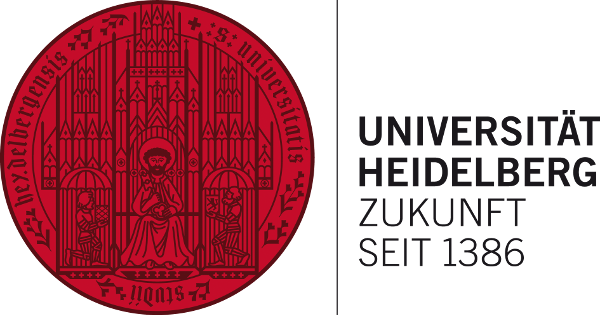Heidelberg University: Cultural Heritage In South Asia
“In South Asia we see a clash of different religious customs, sociocultural hierarchies and sometimes diametrically opposed ideas about nationality and ethnicity. The cultural heritage of the region is negotiated here dynamically, at completely different levels; it is also a contentious matter since it is often at the heart – and not at the margins – of societal and political transformation. That leads to the emergence of new coalitions that form across social or religious borders in order to take action together,” explains Christiane Brosius, Professor of Visual and Media Anthropology at HCTS and spokesperson of the Flagship Initiative “Transforming Cultural Heritage” at Heidelberg University.
The large-scale study covers sub-projects in eight culturally and historically linked cities in the border area between India and Nepal. Prof. Brosius will collaborate with researchers from the School of Oriental and African Studies in London (UK), the South Asian University in New Delhi (India) and the Social Science Baha in Kathmandu (Nepal) in investigating, amongst other things, how the manner of dealing with testimonies to past culture contributes to societal cohesion in the region.
The researchers will approach the whole issue of cultural heritage from the angle of social ‘placemaking’. Prof. Brosius underlines: “We regard commitment to cultural heritage as a community act of producing localities that has a physical side to it and also involves timescales and moral components. It is not only about shaping actual locations for common use, but also about developing a vision of such areas – and of the future they hold – that forges community and identity.” Through examining the changing power structures in practice and conception that give such places significance, the international research team wants to contribute to a better understanding of cultural heritage, reaching beyond the often Eurocentric concepts of authenticity.
In their respective projects the researchers will, above all, explore the role played by decolonisation, solidarity and bureaucracy in the societal and ideological negotiation of cultural heritage in the region. Who has the authority to interpret it? What is the procedure for deciding whether this heritage is attributed global significance or not? How do different social and political groupings show solidarity in order to care for their cultural heritage – also across national borders? The researchers also want to find out how bureaucratic interventions and international commitment impact on local cultural narratives and what cultural witnesses to the past are entering the history books – or are precisely being erased from them.
The project “Heritage as Placemaking: The Politics of Solidarity and Erasure in South Asia” is one of eight collaborative research projects being funded in the context of the call “Global Issues – Integrating Different Perspectives on Heritage and Change”. The finance stems from the Swedish Riksbankens Jubileumsfond, the Italian Fondazione Compagnia di San Paolo and the Volkswagen Foundation. A total of eleven million euros is going to support research projects involving international partners and a variety of disciplines concerned with the impacts of global changes on culture and cultural heritage.

